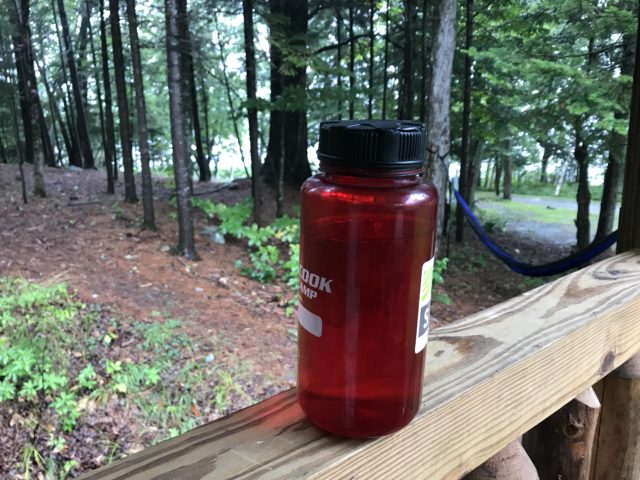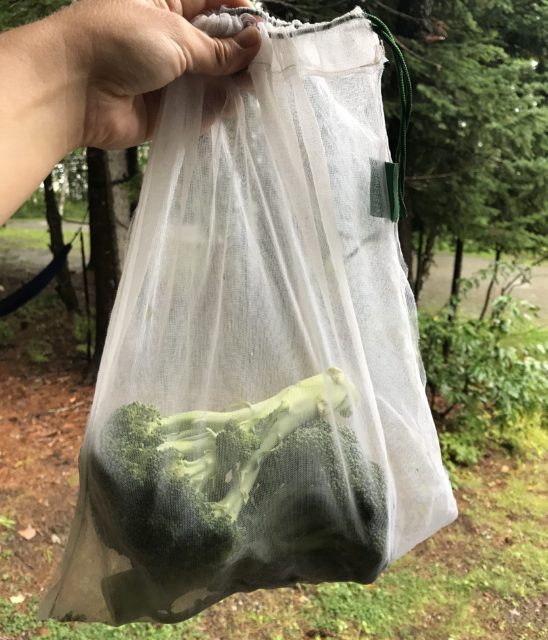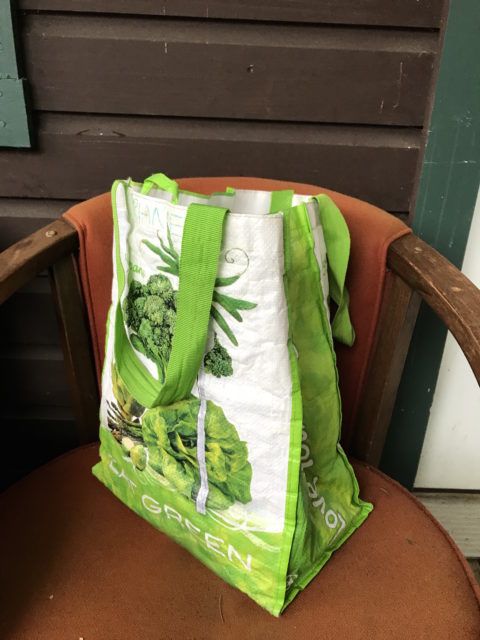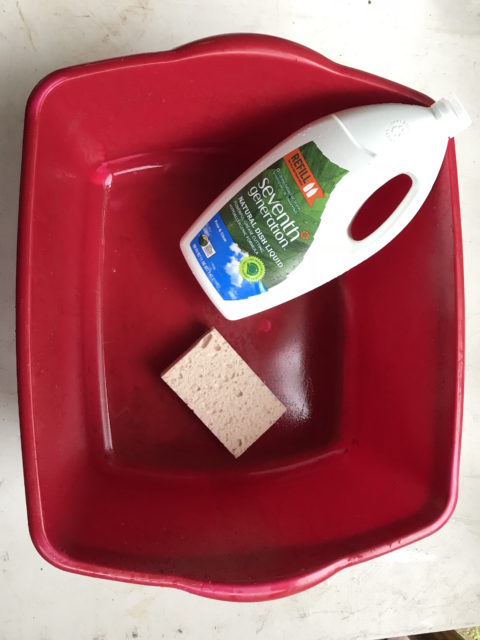By: Brianne Bishop, Interpretive Ranger at Umbagog Lake State Park
Sustainability. What is it and why should you care? As someone who holds a degree in Environmental Studies, I am no stranger to this term. However, I have found that many people are. Or, many people are exposed, but have no idea what it means. Sustainability is a term that can be used with a variety of different subjects. In terms of environmentalism, sustainability means using the Earth’s resources in a mindful manner as to not deplete them now or in the near future. One rule that I often associate with sustainability is the 7th generation rule – the actions that we make today should be based off of how will they affect the world seven generations after us.
You may be thinking, “Wow that seems like so much extra work during my day-to-day life why would I want to do that on vacation?” The answer is that yes it may seem like more work at first, but after a while it becomes a habit – a positive one.
If you choose the disposable option that requires less work you are making that decision at what cost? Imagine if every camper that came for a weekend or multi-day trip chose the disposable “easy” option. Living on site at Umbagog Lake State Park, I have personally seen the amount of trash that people accumulate during their visit and it is excessive. In the state of New Hampshire landfill space is limited and recycling is strongly encouraged, but with the current recycling situation, recycling isn’t a sustainable solution. So what if we overall lessened the amount of disposable materials we use?
Here are just 6 easy tips that you can change in your day-to-day life and bring them with you while you camp:
- Bring a reusable water jug and water bottle. Call ahead and ask to see if the water is safe to drink. If so, please bring reusable items! If not, bottled water is an excellent solution. Opting for the larger jugs (rather then buying individual water bottles) and bringing reusable bottles to fill up can make a big difference.

- Conserve, conserve, conserve! If in a camper, especially ones with outdoor string lights, please turn the lights off when not in use. This not only saves energy, but also your neighbors sleeping next to you in their tents will greatly appreciate it. BONUS – It’s easier to see the stars without any light pollution.
- Shop for your food supplies in reusable shopping bags. Using reusable shopping bags are nifty especially while camping. They can be used to purchase food and later can be used to hold items on the trip back home. Also, during any excursions, they can be used as giant lunch boxes! The possibilities are endless. Planning your meals beforehand will cut down on impulse shopping and therefore food waste. Buy only what you need for the week and get creative with leftovers – no food left to waste! (Especially since there isn’t a composting option at most camping locations).


- Forgot something? Ask your neighbor! Borrowing any items you may have forgotten can save you money! Plus, when you already have three can openers at home, the inclination to buy a fourth one and throw it away after your trip is very high. Although, if you forget a personal item such as a toothbrush I do recommend purchasing your own…
- Avoid disposable, single use products at all cost. Bring reusable dishes from home – or possibly invest in a set specifically for camping. Yes, it will create more time washing dishes, however the time spent washing dishes can be made into a fun activity or simply allow for a few minutes of silent contemplation. It’s not really all that bad, I promise!

- Use biodegradable and Earth friendly products. Free & clear dish soaps, Dr. Bronner’s biodegradable and very versatile concentrated castile soap, natural cleaning products, etc.
So… What’s the benefit of all this?
- Save money! You have a one-time payment of a reusable item verses multiple purchases of disposable products.
- Save space! Can decrease the amount of items to pack – for example instead of buying a case of plastic water bottles, pack a refillable gallon jug (can be collapsible, but if it’s not collapsible, the inside can always be used as extra packing space).
- Save the Earth! Ok – well I guess that’s a dramatic statement, but you can at least know that you are doing your part. As minor as it may seem, it really does make a huge impact.
- These tips can very easily be transferred into your everyday life as well! Practice them while camping and while at home!
Additional Resources and readings on Sustainability:
- How to Aim For Zero Waste From AMC Huts to Your Home by Marc Chalufour:
https://www.outdoors.org/articles/amc-outdoors/amc-hut-home-work-toward-zero-waste - Outside/In Podcast One Bin to Rule Them All:
https://www.npca.org/resources/3243-working-toward-zero-landfill-parks

